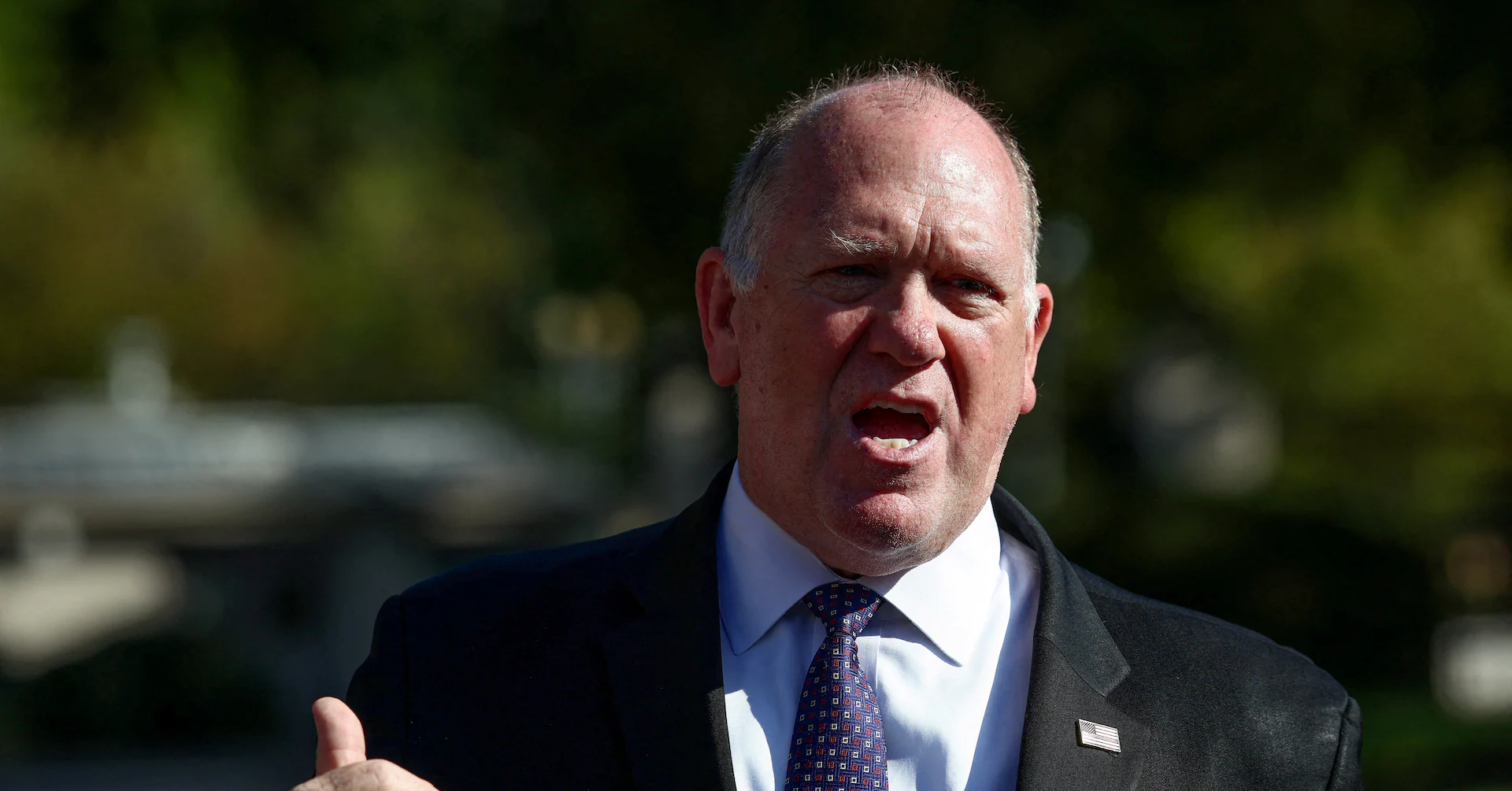By Irishexaminer.com,Madeline McAleer
Copyright irishexaminer

Of course there has always been a backlash against women’s equality. As Susan Faludi, in her seminal book Backlash, explained, “a backlash is a recurring phenomenon where individuals or groups seek to use the media to reverse progressive gains and to reassert the old cultural norms”.
To date, these attempts to drag us backwards have been relatively unsuccessful. However, the reach, scale and speed of the current global backlash is unprecedented.
This time, technology has supercharged the backlash, weaponised misogyny and normalised violence, coercion and the degradation of women. Worryingly, rates of domestic abuse and femicide are increasing.
Dangerous crossroads
As I write this article, smartphones, recommender algorithms, social media platforms, AI, influencers and the global pornography industry are invading the brains, bodies and bedrooms of our children and young adults. This is before they even get into relationships.
I worry about what this means for young people’s understanding of what constitutes a healthy intimate relationship.
My question is, if we fail to recognise and appropriately respond to the dangers inherent in this new, highly challenging landscape, what will intimate relationships look like in five years? Many of us in the field think we are at a dangerous crossroads.
We know we have a problem. Former Garda Commissioner Drew Harris warned as he left office that repeated exposure to easily accessible online pornography is driving increasingly violent sexual assaults and online abuse of women and girls.
Multiple studies indicate that violent, controlling and abusive behaviours have been normalised in intimate relationships and that perpetrators and victims are getting younger.
Recently, a disturbing case in the Irish courts confirmed this – a 13-year-old boy exposed to violent pornography from the age of six, sexually abused his younger sister multiple times and posted images online.
Non-fatal strangulation or so-called ‘consensual’ choking is now normalised in young people’s intimate relationships.
As was recently reported in The Irish Examiner, “social media is awash with advice videos telling young people how to choke their sexual partners safely”. Health experts are clear that non-fatal strangulation is never safe and can result in significant harm, including death.
Radical action
In response to the threats posed by technology and pornography, other countries are taking radical actions. The UK now categorises non-fatal strangulation as “extreme pornography” so that it cannot legally be included in pornographic material. Australia plans to block social media access and access to porn sites for children under 16 later this year.
Denmark is allowing people to copyright their own image which will clamp down on image-based abuse and the creation and publication of AI-generated deepfakes. That is, digitally altered videos of a person’s face or body used in a pornographic way.
These actions are reminiscent of the bold steps Ireland took to challenge ‘Big Tobacco’. We were world pioneers when we introduced the ‘Tobacco Endgame’ concept. We implemented unpopular, draconian legislative and punitive measures.
This included banning smoking in pubs, fining landlords who did not adhere to the new legislation, changing labelling, prohibitive pricing, public health campaigns, and programmes to reduce usage. If we want to protect our children and young people we now need to implement a comprehensive domestic abuse endgame strategy.
Ireland has made significant progress in addressing domestic abuse since we ratified the Istanbul Convention in 2019. A raft of new legislation has been introduced. Cuan, a new statutory agency, was established to deliver the Third National Domestic, Sexual and Gender-based Violence (DSGBV) Strategy (2022-2026).
However, to date, our response has primarily focused on intervention — providing support and services to victims after the abuse has occurred and relying on the justice system to hold perpetrators accountable. While these measures are vital, they are reactive by nature. To create lasting change, we must shift our focus to include prevention.
In that regard, we have to be careful not to focus solely on technology and prosecution because as Professor Kate Fitz-Gibbon, an Australian academic, author, and speaker on domestic abuse prevention at Davos and the World Economic Forum, says, “we cannot prosecute and police our way out of what is fundamentally a social and cultural problem – we have to prevent it from happening in the first place.”
So, what does DSGBV prevention look like?
It means working on multiple levels simultaneously, addressing the root causes, challenging harmful social beliefs and norms, implementing a public health response, raising awareness, and investing in education across all sectors – parents, politicians, policymakers, teachers, gardaí, the judiciary, public health and frontline professionals, and, most importantly, our young people.
It also means taking unpopular steps to regulate the multibillion-euro technology and pornography industries that are normalising abuse and driving harmful societal and cultural attitudes, beliefs and behaviours.
Prevention not only ensures that fewer people become victims or perpetrators in the first place, it also reduces harm and saves lives. That’s why prevention must become a national priority before it is too late. A radical new approach and a shift in thinking are needed.
Prevention must be adequately funded in Budget 2026 so that it can form an integral part of the Fourth National DSGBV Strategy. Explicit prevention commitments should also be outlined in the next Programme for Government.
It is essential that all political parties incorporate robust prevention measures into their policies. The stakes are too high and things are moving so quickly. Prevention is everyone’s business.
If we fail to act now and collaborate on a comprehensive domestic abuse endgame, we will look back and ask ourselves how we allowed this to happen to our children and to our society.
Madeline McAleer is Research, Training and Development Director at Haven Horizons – National DSGBV Prevention Centre.



